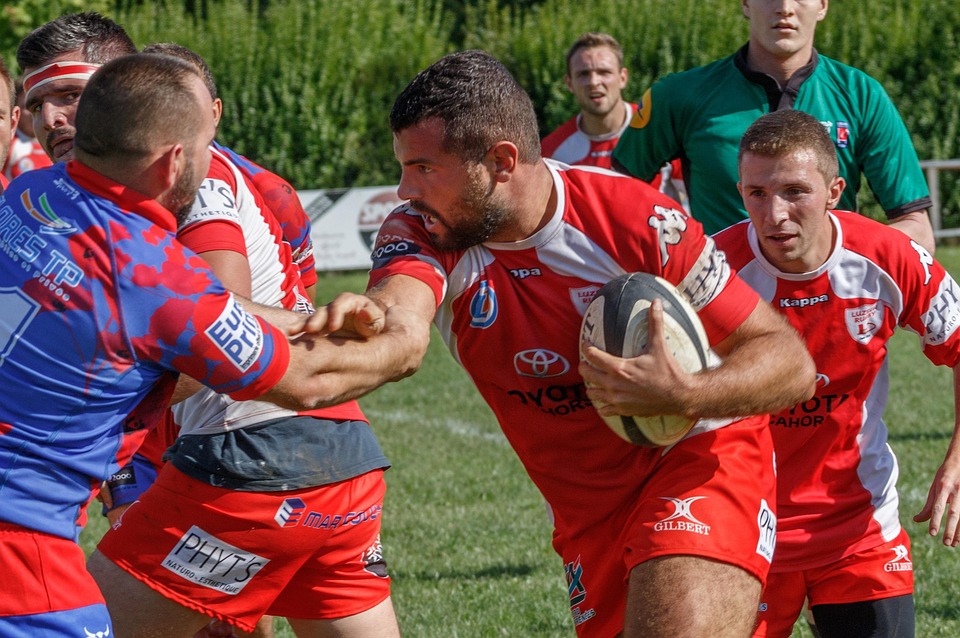Introduction
Rugby, often dubbed the game of character, offers more than just physical prowess; it fosters important life skills such as teamwork, discipline, and resilience. As the sport continues to grow globally, particularly in nations where it was once considered niche, the emphasis on youth development has intensified. This article explores the significance of nurturing young talent in rugby and how effective development programs can set the stage for future champions.
The Importance of Youth Development
Building a Strong Foundation
Youth development in rugby is crucial for establishing a strong foundation for players. The early years of participation are essential in promoting not only technical skills but also a love for the sport. Programs aimed at young athletes work to instill core values, ensuring that they appreciate the game’s traditions and the spirit of sportsmanship.
Personal Development Beyond the Field
Rugby is unique in its ability to teach life skills. Through the sport, young players learn about leadership, communication, and the importance of hard work. These attributes extend beyond the playing field, preparing individuals for success in various aspects of life. A well-rounded approach to youth development reinforces not just the athlete but the individual.
Key Components of a Youth Development Program
Age-Appropriate Training
Successful youth development programs tailor training to be age-appropriate, ensuring that skill development aligns with the physical and mental maturity of the players. Early training should emphasize fun and engagement, incorporating games and structured play to maintain enthusiasm and enjoyment.
Qualified Coaching
Having qualified coaches is critical in youth rugby development. Coaches should not only possess technical knowledge of the game but also have experience and training to work with young players. They should prioritize player welfare, ensuring a safe and encouraging environment. Furthermore, ongoing education for coaches can contribute to increased knowledge and improved methods of instruction.
Focus on Inclusivity and Diversity
Inclusivity is a core value within rugby, and youth programs should reflect this principle. Encouraging participation from diverse backgrounds creates a richer, more dynamic sporting community. Programs that cater to various skill levels and provide equal opportunities help to cultivate a broad talent pool and promote equality in sports.
Competitive Opportunities
While development is the primary goal, providing competitive opportunities is also crucial. Engaging youth in tournaments and leagues offers them real-world experiences, where they can put their skills to the test and learn from both victories and defeats. This balance of development and competition ensures that young players remain motivated and committed to their growth.
Community Involvement
Engaging the community can significantly enhance youth rugby development. Local clubs, schools, and families all play a role in nurturing young athletes. Programs that foster partnerships with schools and community organizations can increase participation and support for players, encouraging a wider appreciation for the sport.
The Role of Technology
Technology is becoming an integral part of training in all sports, including rugby. From analysis software that breaks down performance metrics to online platforms for coaching education, technology can enhance both player development and coaching practices. Video analysis allows young athletes to visualize their performance and identify areas for improvement, while online resources can provide coaches with innovative methods of instruction.
Conclusion
Youth development in rugby serves as the bedrock for creating future champions. By focusing on age-appropriate training, fostering inclusivity, ensuring qualified coaching, and supporting community involvement, programs can cultivate not only skilled players but well-rounded individuals. As the sport continues to evolve, the commitment to developing young athletes will be paramount in sustaining and enhancing the rich legacy of rugby. In investing in the youth, we are not merely training athletes; we are shaping leaders, instilling values, and forging a path toward excellence for generations to come.



